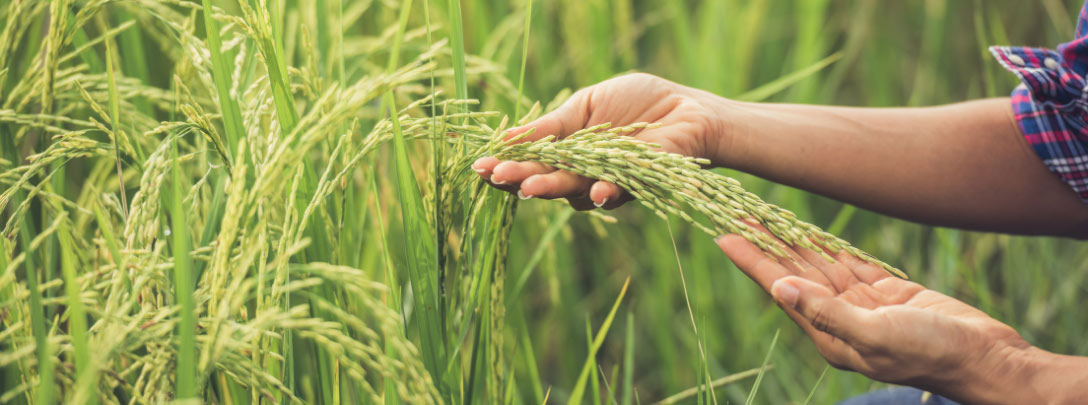The Government of India (GoI) got the Farmers' Produce Trade and Commerce Bill, 2020, and the Farmers' Agreement of Price Assurance and Farm Services Bill, 2020, approved in Lok Sabha, despite opposition even from some allies. These structural reforms are essential to preserve the long-run growth potential of the agricultural sector.
Earlier, the GoI had passed the Essential Commodities (Amendment) Act, 2020, to deregulate cereals, pulses, oilseeds, potatoes and onions, and to do away with stock limits. It also put into motion an amendment of the Agricultural Produce Market Committee (APMC) Act. Bringing in a contract-farming Act will address structural weaknesses in the sector.
The agriculture sector has held up quite well in the Covid-induced GDP crash, even as the virus is spreading to smaller towns and the hinterland. Q1 GDP data bears testament to this. While India's GDP contracted by 23.9% YoY in April-June 2020, agricultural output grew 3.4% YoY. So, are there some important lessons that the GoI can learn from its own economic management and conduct for reviving the economy at large?
Timely interventions and thinking about the supply chain holistically are key. This is best illustrated by GoI's decision to rapidly scale up rabi procurement operations early on during the lockdown. The Centre, along with state governments, issued guidelines on facilitation, movement of man and machine, etc., in a timely fashion. The Food Corporation of India (FCI) and state procurement agencies together bought a record 39 million tonnes of wheat, about 14 % higher than levels a year ago, and even more than the earlier record procurement of 38.2 million tonnes in 2012-13 — this under the shadow of Covid.
Active cooperation between the central and state governments saw a sharp increase in procurement centres (from about 15,000 to about 22,000) to ensure farmers a market and prevent distress sales and wastage. As much as INR 750 billion was paid out to some 4.2 million farmers by way of minimum support price (MSP) for wheat during the current rabi marketing season.
GoI also attested that front-loading and targeting government spending are important to support economic activity. It front-loaded rural spending, pumping in INR 1.9 trillion during the first four months of FY2021. This was a sharp increase by 63.4% YoY against VA, YoY growth in other expenditure during the same period. This is likely to have played an important role in preventing distress, and even supporting the rural economy.
The GoI transferred the first instalment of 22,000 of its Pradhan Mantri Kisan Sanunan Nidhi (PM-KISAN) transfers to each farmer at the start of the fiscal, benefiting about 90 million farmers. It also hiked the budgeted amount for the Mahatma Gandhi National Rural Employment Guarantee Act (MGNREGA) for FY21 by INR2,400 billion to a record INR 1 trillion.
Higher funding enabled an in-crease of jobs provided under MGNREGA by 50% during April-August 2020 compared to a year ago.
The GoI also initiated an INR2,500 billion temporary rural works programme, Garib Kalyan Rojgar Yojana (GKRY), in 116 districts across six states for out-of-work migrant workers returning to their hometowns in June. It ensured its rapid implementation by targeting the labour towards existing projects such as railway works, rural housing, etc. As much as INR2167.8 billion was spent during the first seven weeks of GKRY generating 210 million man-days of employment.
Ensuring ample availability of credit is critical. The GoI instituted an INR 2,300 billion emergency working capital fund to support small and marginal farmers for post-harvest rabi-related work, and preparatory work for the kharif season. Besides, it also extended additional concessional credit of INR 2 trillion via Kisan Credit Cards. The GoI has also offered to provide interest subsidy up to 3%, along with partial credit guarantees, on loans to be given to farmers, farmer organisations, self-help groups and government agencies.
Supporting the case of agriculture and rural India — as the latest Bills passed in Parliament, policy pushes, targeted benefits and systemic reforms attest — is critical to avoiding a surge in unemployment, debt overhangs and the destruction of productive capacity in sectors beyond agriculture.
You can also share your thoughts in the Comments section below!




